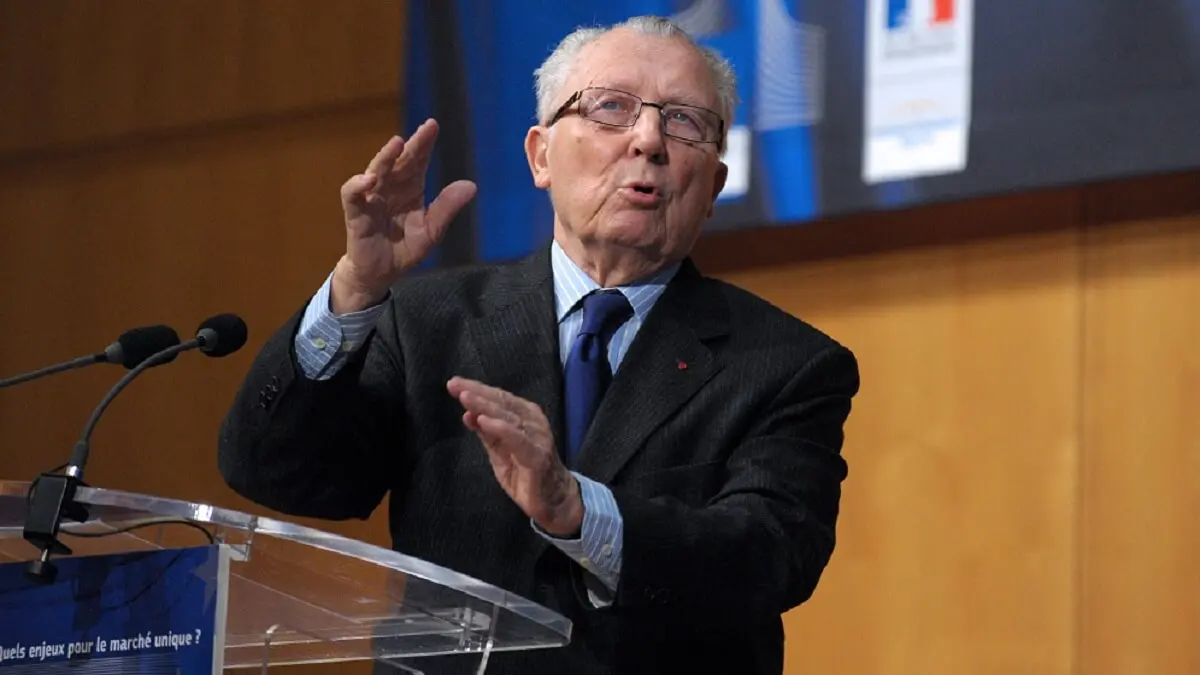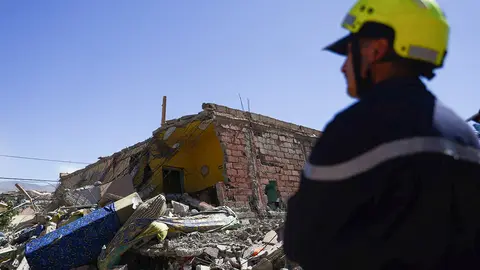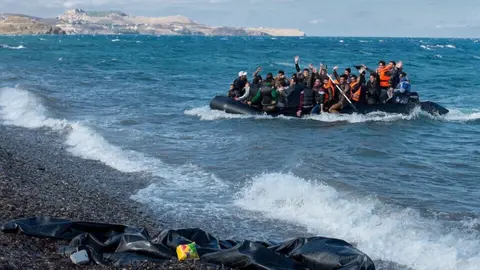Jacques Delors enters the pantheon of European greats

Most of the Europeans who today live the daily advantages of being sheltered in this area of freedom surely do not know the origins or know much about the architects of the great political, economic and social conquests they enjoy today. One of those giants was the Frenchman Jacques Delors, who died last Wednesday at the age of 98.
In the manner of the pantheons of illustrious men who, with an obvious nationalist streak, were set up in various countries in the 19th century, Europe should erect one to house the men and women who made it great, so that later generations, while contemplating their mausoleums, could learn or refresh their own history, the one that experienced for the first time in the world the formation of a voluntary grouping of nations to build a peaceful future.
Jacques Delors was President of the European Commission for two terms (1985-1995), a period in which the then European Economic Community, little more than a successful Common Market, was to become the European Union, broadening its horizons and aspiring to decisively influence the course of the world. Spain and Portugal first, and Austria, Sweden and Finland later, were the additions that increased the membership of the EU conglomerate by 50%, from 10 to 15.
The growth in the number of countries not only gave the European project muscle, but also expanded the possibilities of undertaking new and major initiatives that would end up being as novel as they were decisive for its citizens. Perhaps the most successful and popular project was Erasmus, promoted by Delors' vice-president in the Commission, the Spaniard Manuel Marín, both convinced that it would be the best possible breeding ground for European citizenship, based on knowledge, university exchanges and the corresponding emotional ties between young people from all over the EU.
Delors would also lay the foundations for two other decisive pillars of European construction: the single currency and the Schengen Agreements. The former, fundamental to accompany the advantages of the Single Market; and the latter to allow the free movement of people within the European territory.
It is true that in all this he had the backing of his two main mentors, French President François Mitterrand and German Chancellor Helmut Kohl. With the third leader at the time, British Prime Minister Margaret Thatcher, he had to multiply his efforts to ensure that the United Kingdom did not sabotage the European project more than it should. Thus, the signing of the Maastricht Agreements was the great partial culmination of this great project.
Delors - and here I am speaking from personal experience - was also instrumental in setting up what was to be the first pan-European continuous information chain. The then President of the European Commission had been alarmed to see that during the first Gulf War (1990-1991), which pitted a large coalition of countries, authorised by the United Nations, against Saddam Hussein's Iraq after the latter had invaded and conquered the Emirate of Kuwait by force, all the images the world saw of the conflict were exclusive to the American CNN. Delors, backed by three other socialists, France's Mitterrand, Spain's Felipe González and Italy's Bettino Craxi, decided to set up a television channel to be called Euronews. As one of its editors-in-chief, the only guideline I received at the time from Jacques Delors was that "Europe should be able to offer the world its own vision not only of major and minor conflicts, but also of all scientific advances that could be used to facilitate a better life".
Although the United Kingdom would soon withdraw from that great communication project, those four European leaders, with Delors at its head, decided not only to promote it and move forward, but also to strengthen it to the maximum, incorporating partners outside the Community sphere, in the manner of the association agreements that the EU would also sign with many countries in the areas of trade and economic and cultural cooperation.
For those of us who believed in that Europe, the European Commission would create incentive prizes. In Spain they bear the name of another distinguished European, Salvador de Madariaga. I am proud to be the first to receive it from the list that each year incorporates very illustrious colleagues, proposed by the veteran Association of European Journalists.
And once again, I vindicate the idea of creating this pantheon of illustrious Europeans, to whom we owe the fact that we have become the region with the highest rate of collective well-being in the world.



